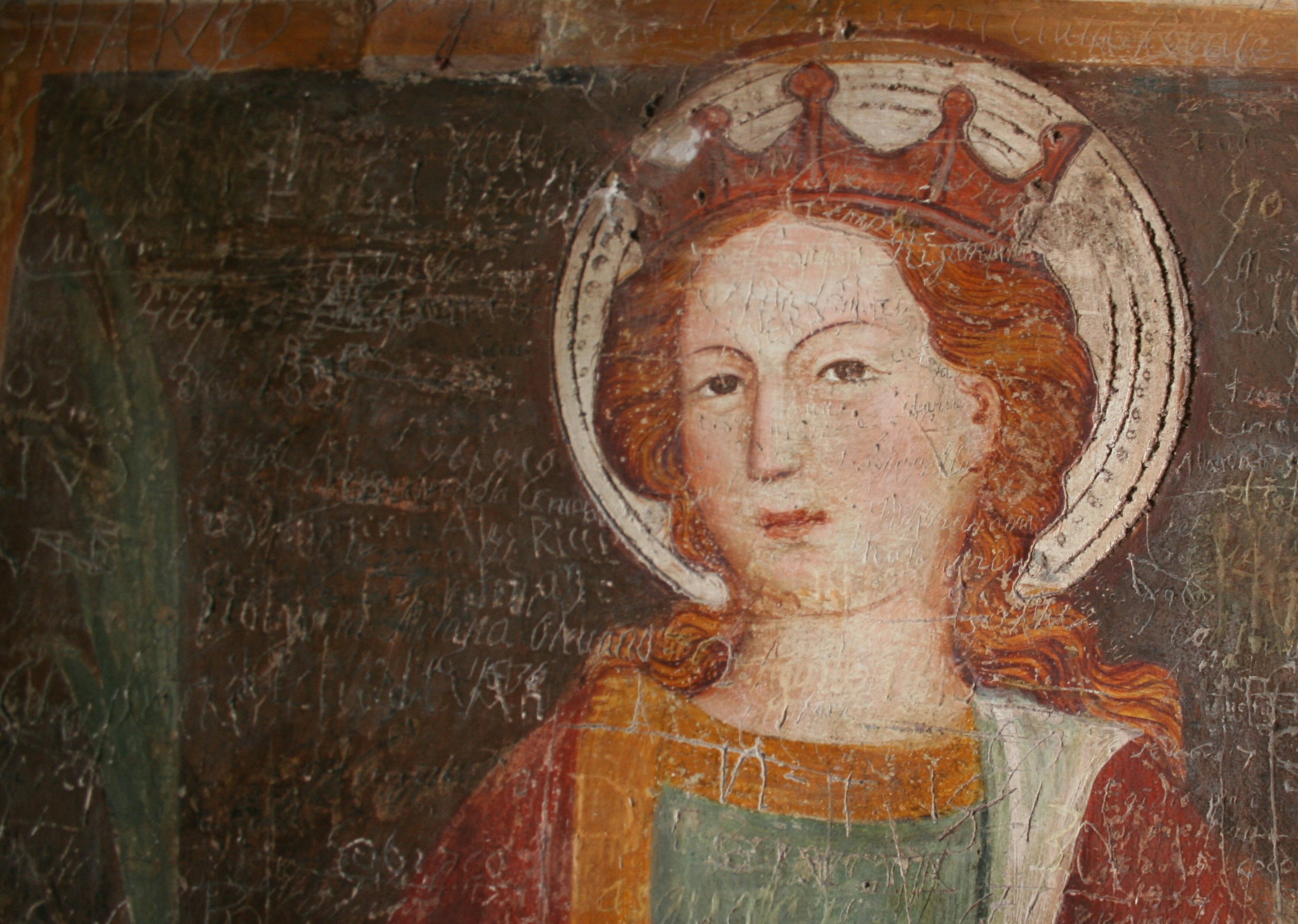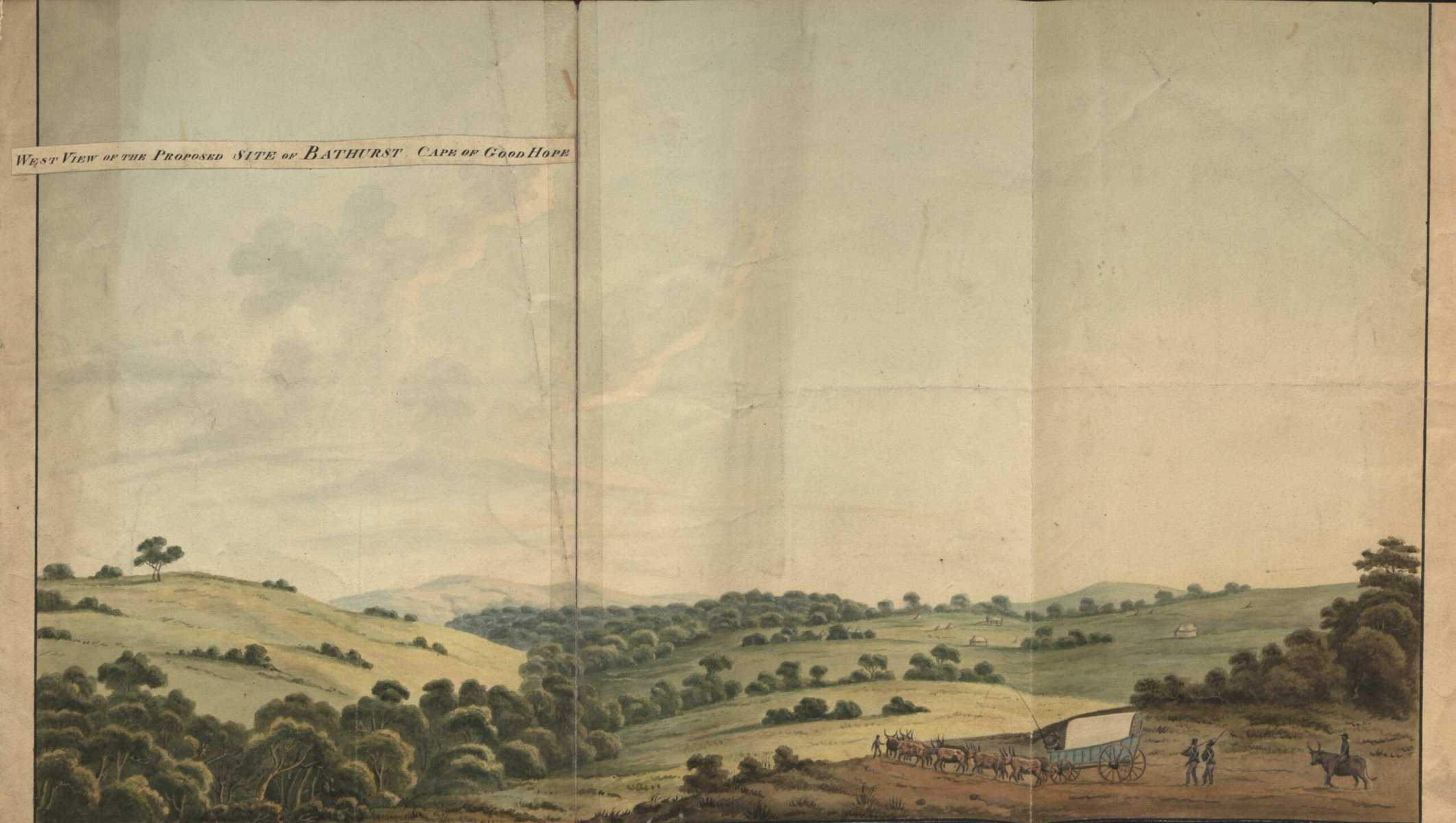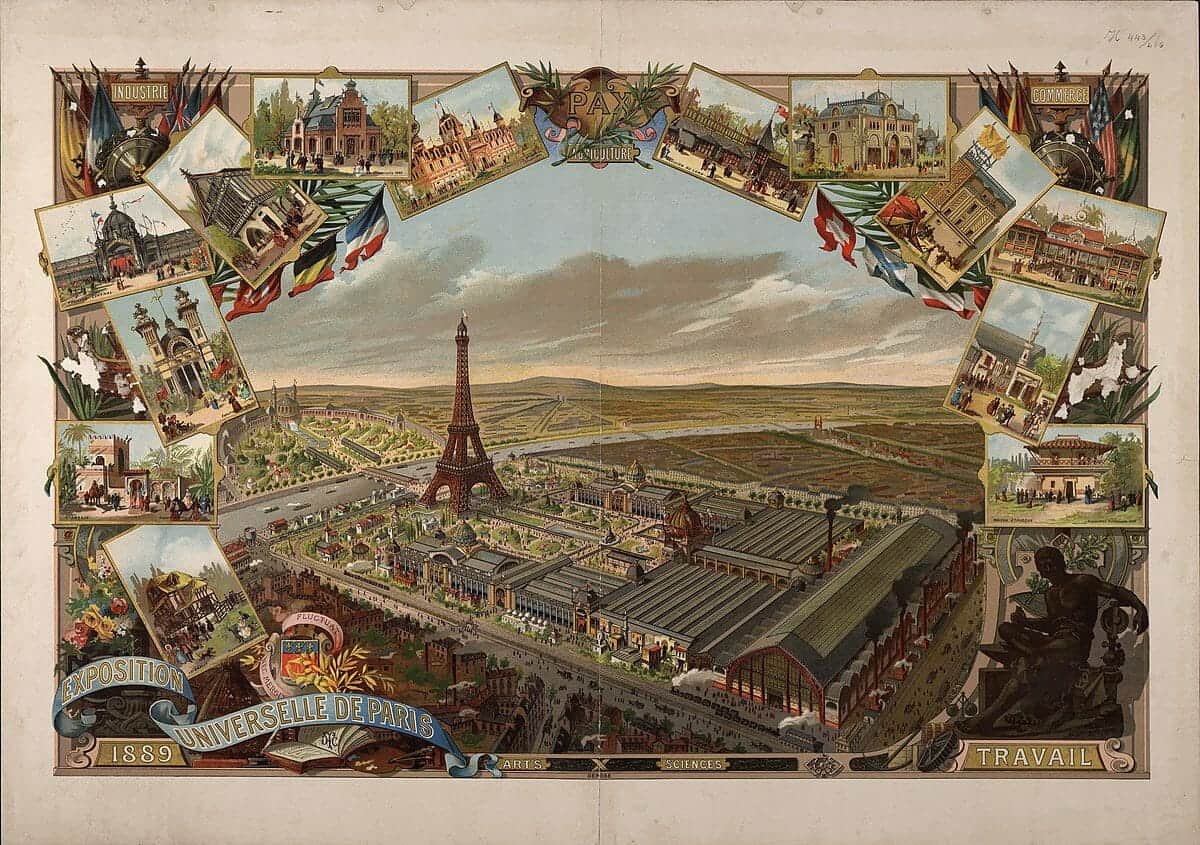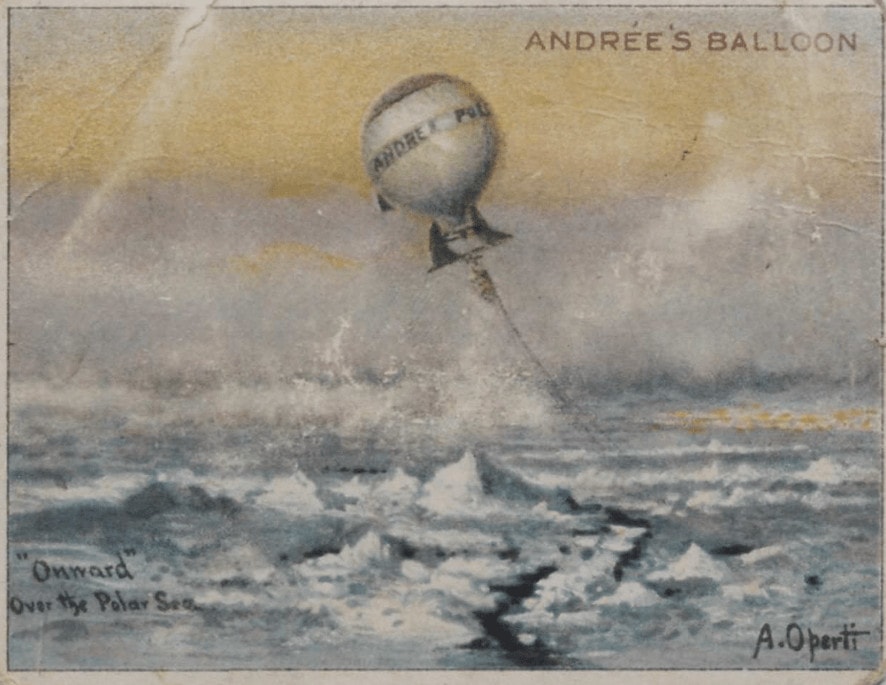│By Mickey Mehta Arorra, Digital Product Trainer│
India’s history unfolds across centuries of transformation – colonial rule, the struggle for independence, post-colonial reconstruction, and global diplomacy. Much of this complex narrative has long remained buried in distant or hard-to-reach archives. Now, Gale Primary Sources brings these rich and rare documents into the digital realm, making them accessible to students, educators, and researchers across India.
With collections such as Decolonization: Politics and Independence in Former Colonial and Commonwealth Territories, The Making of Modern Law: Legal Treaties, 1800-1926, and Women’s Studies Archive, learners can dive deep into archival material that brings India’s layered past to life in vivid detail.










